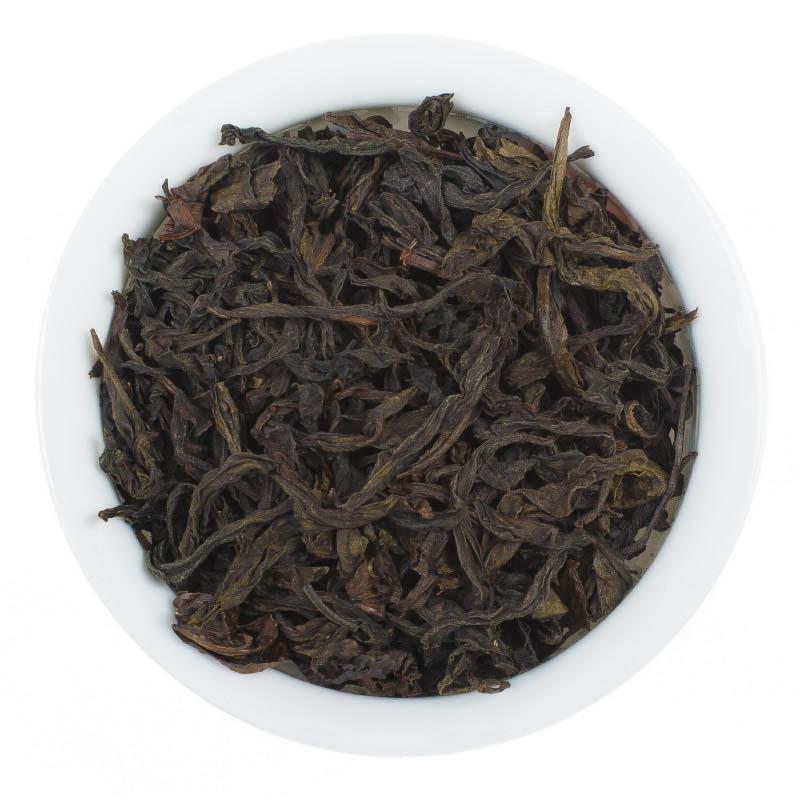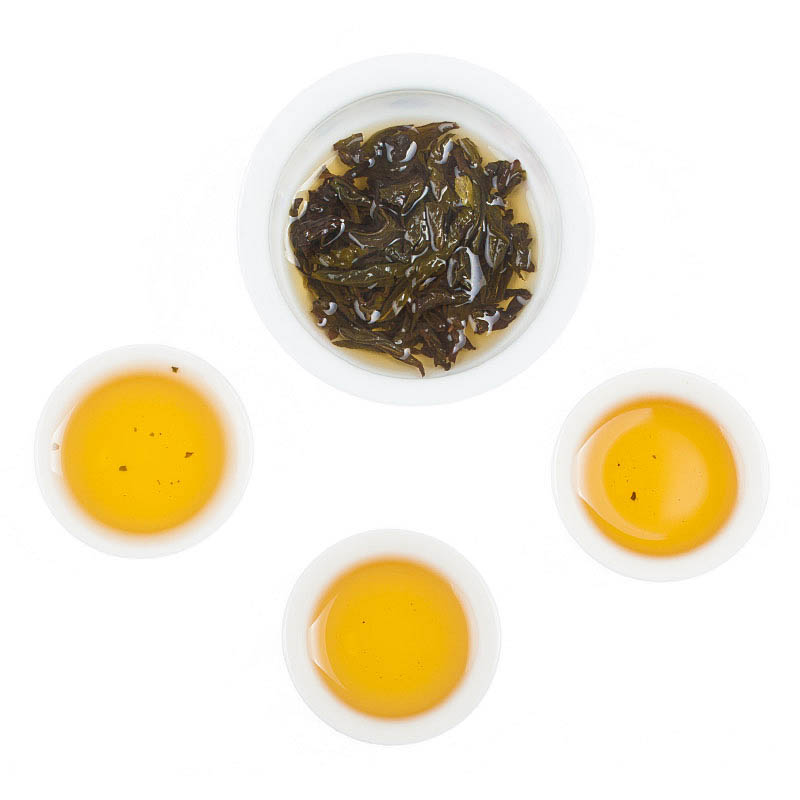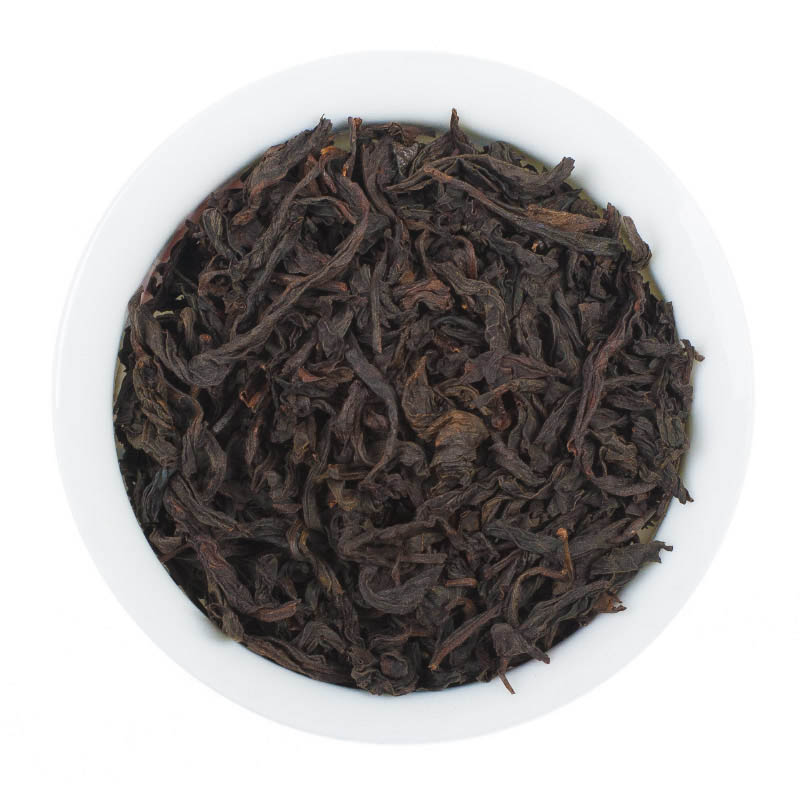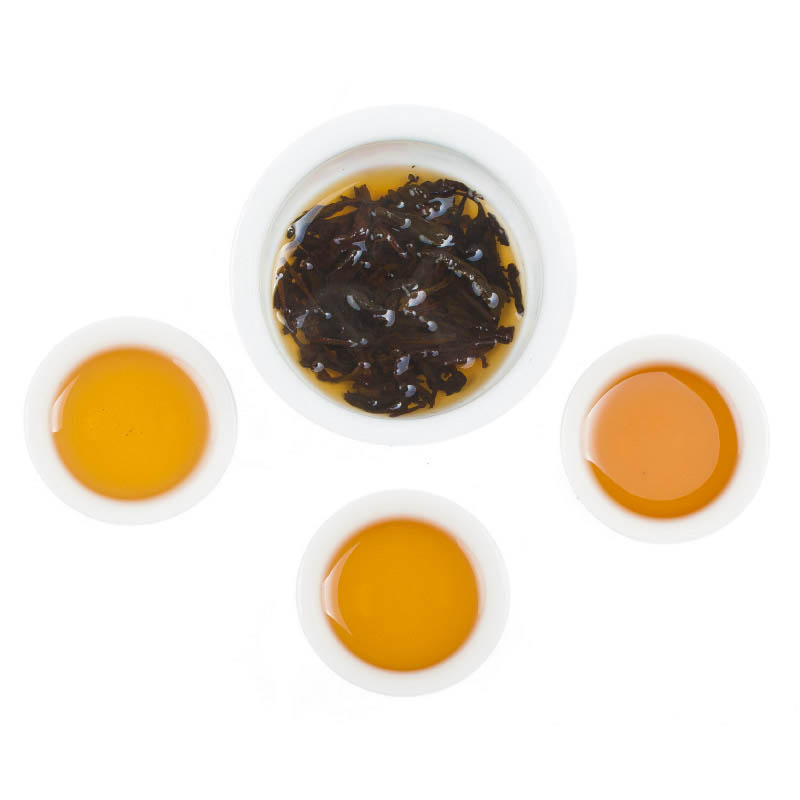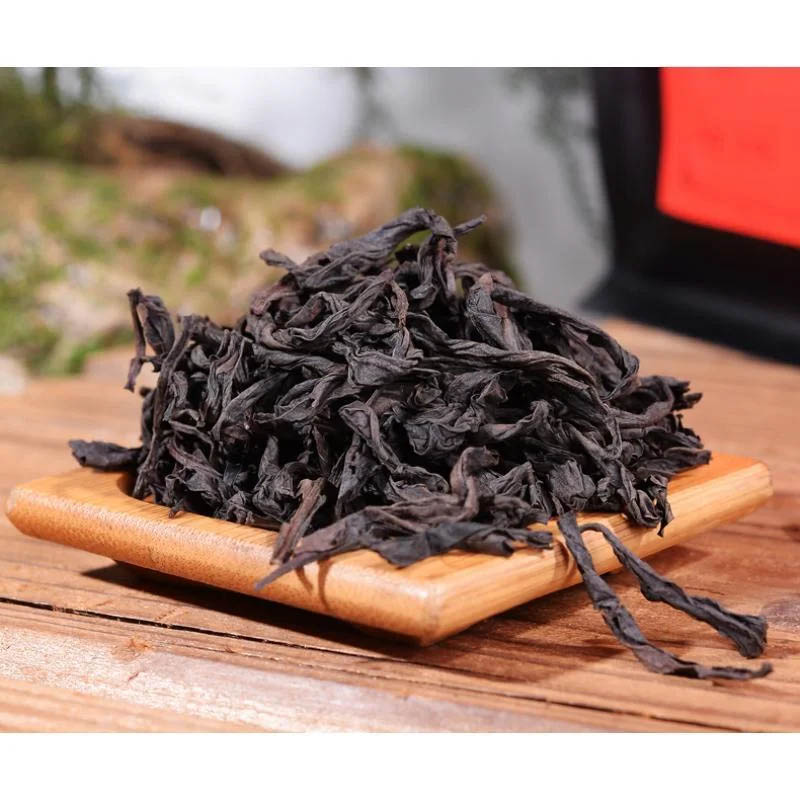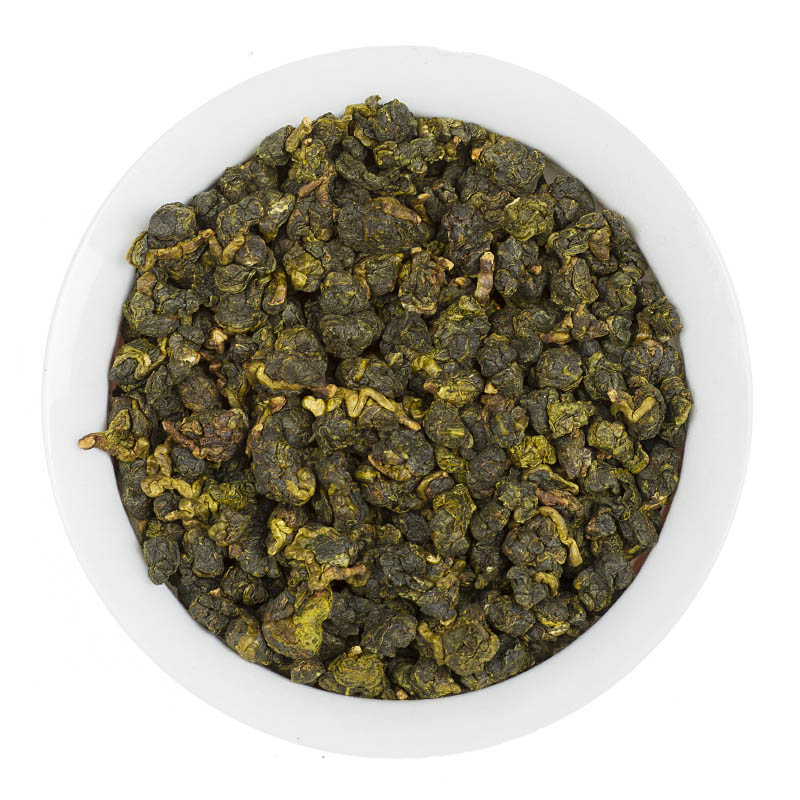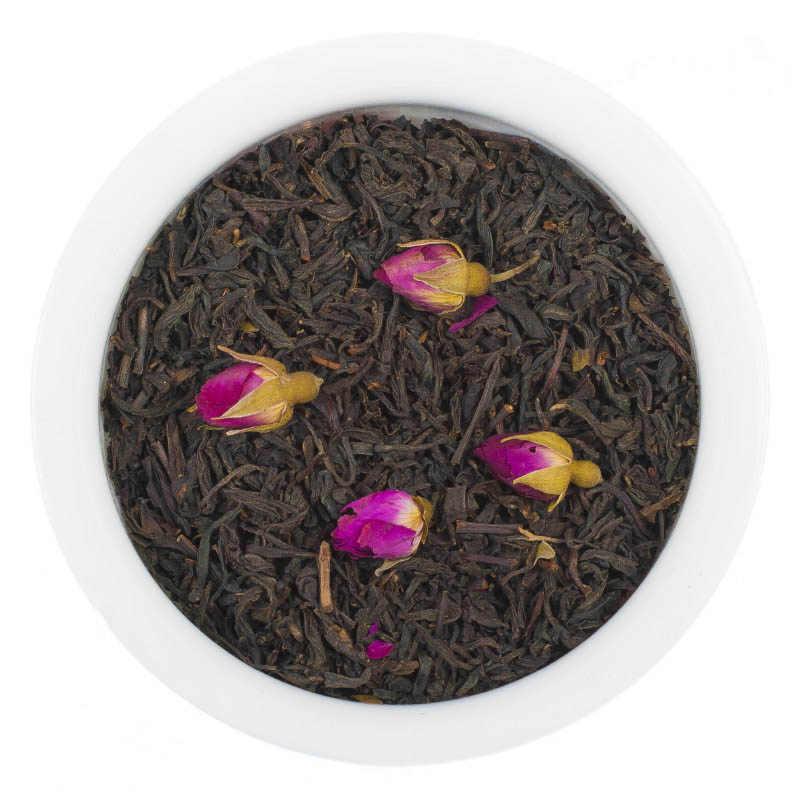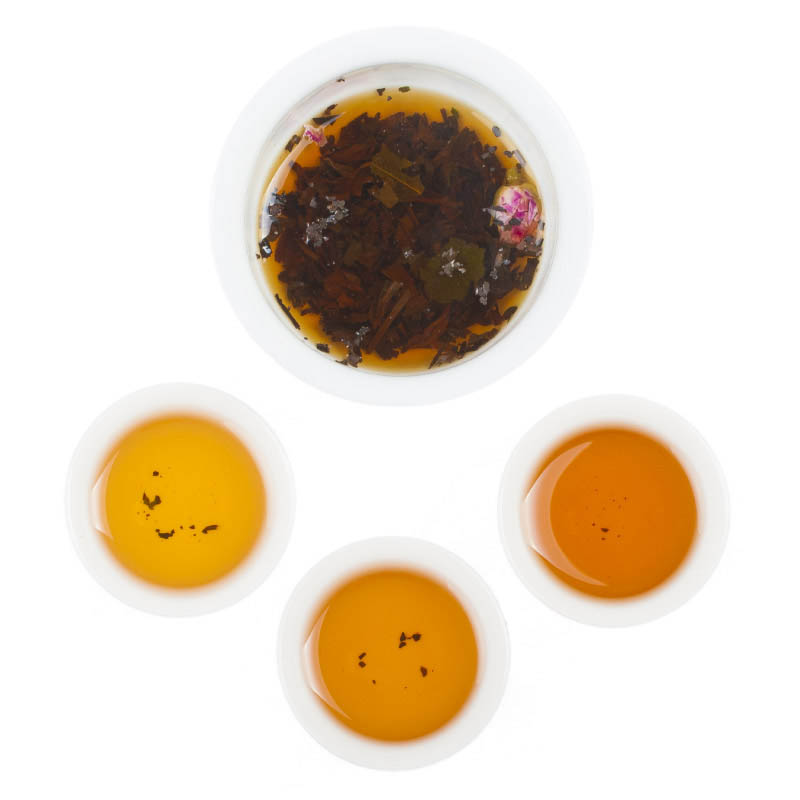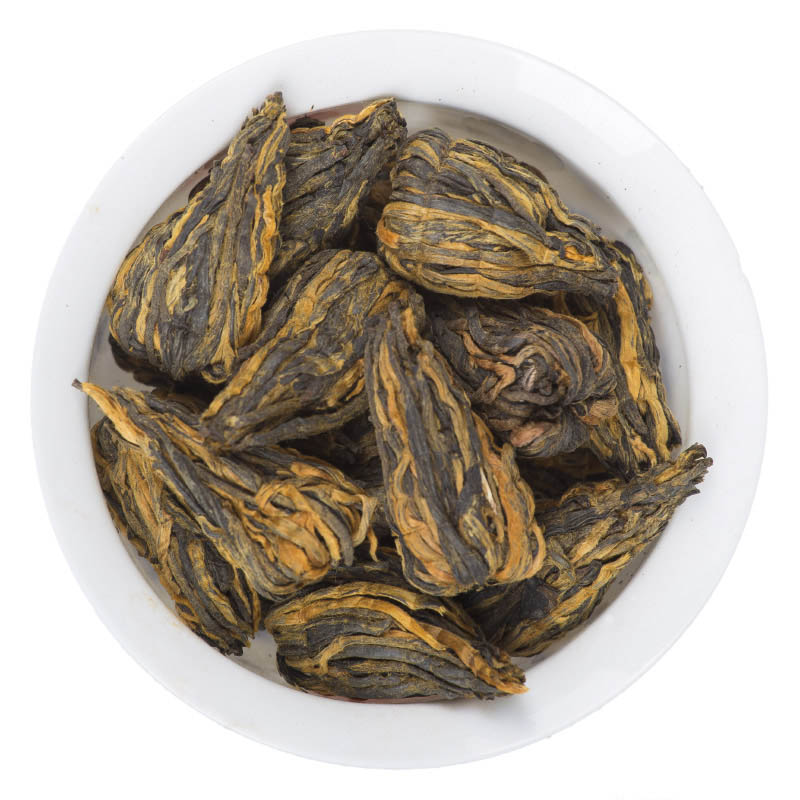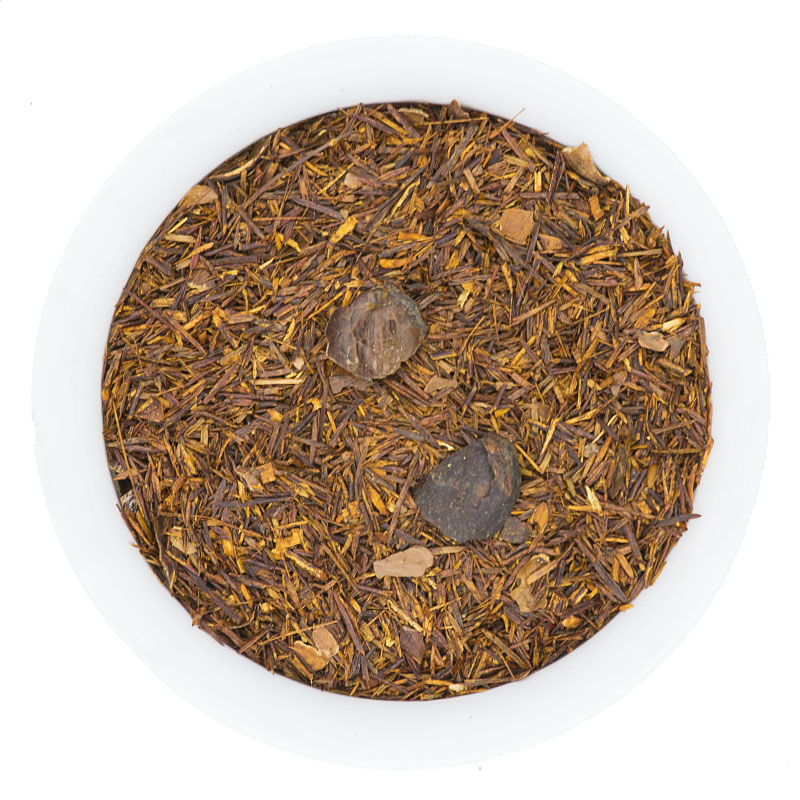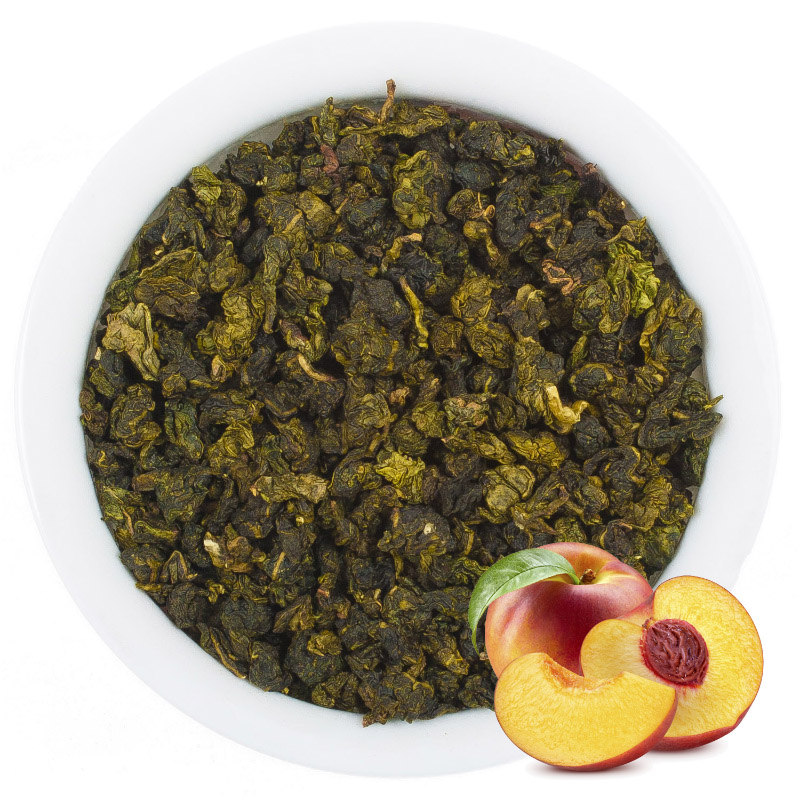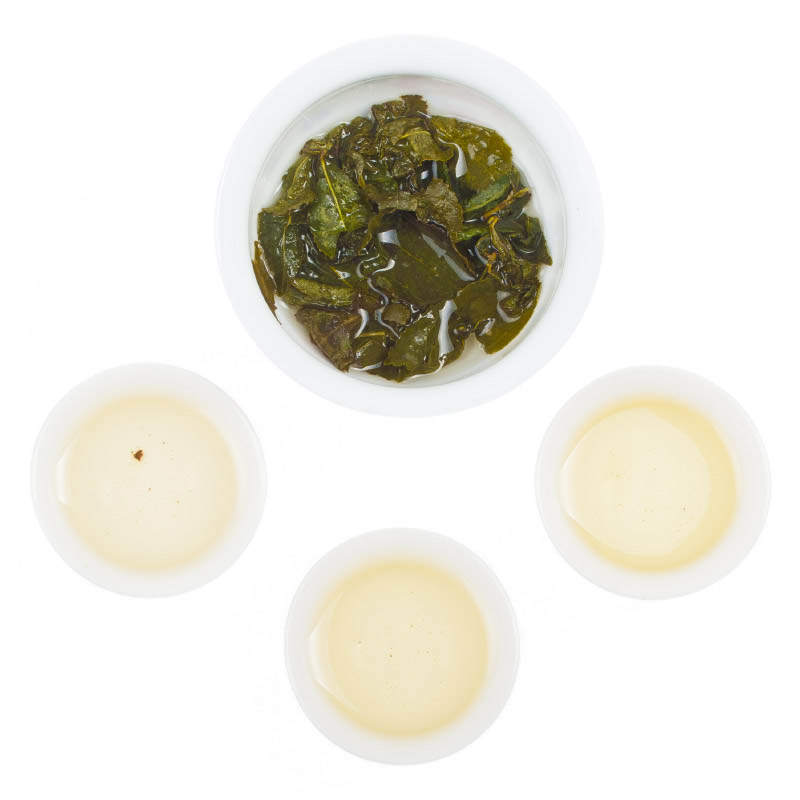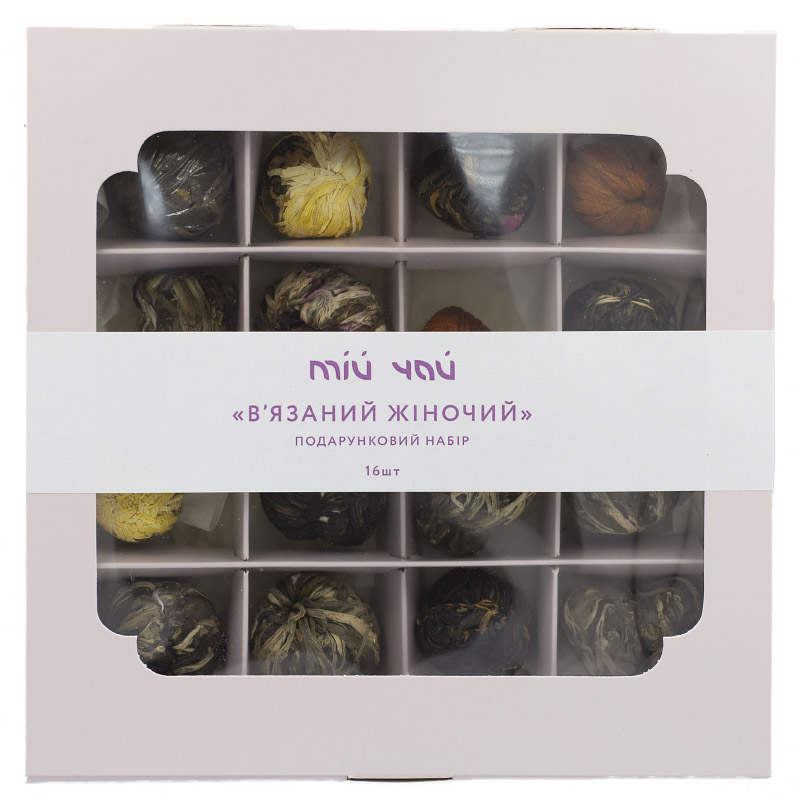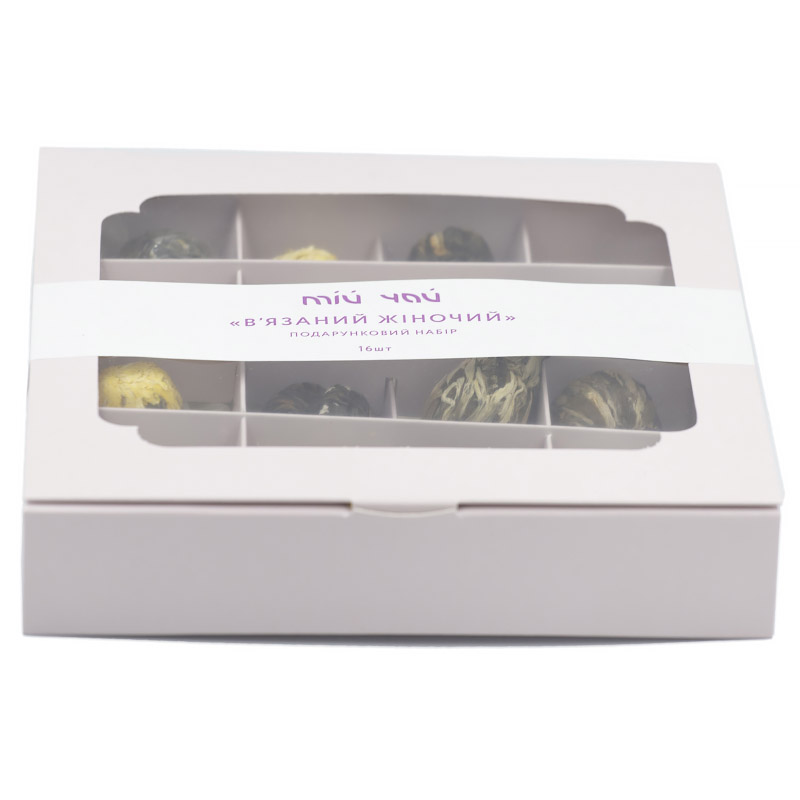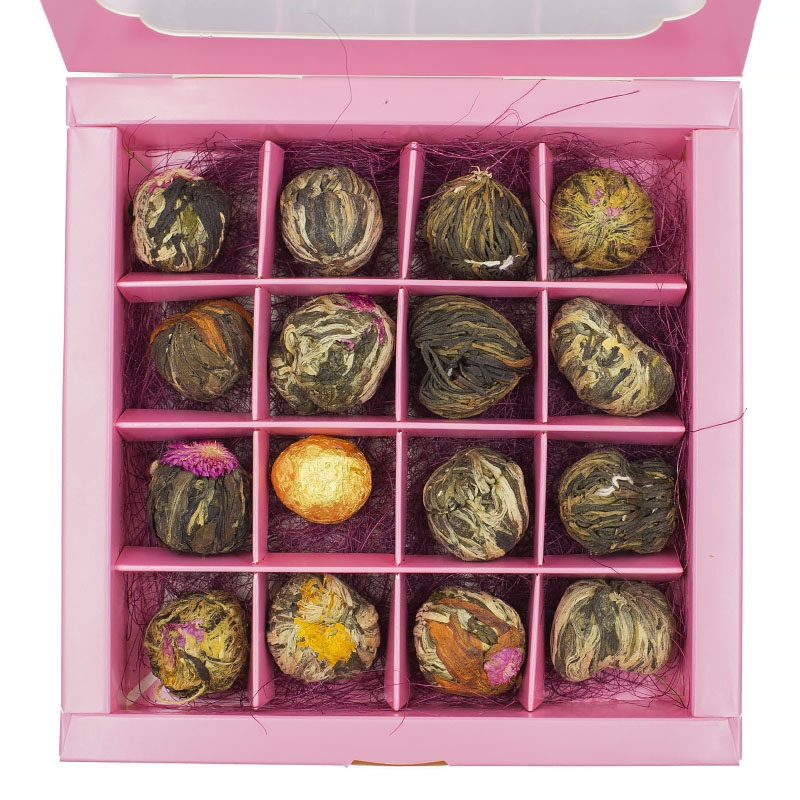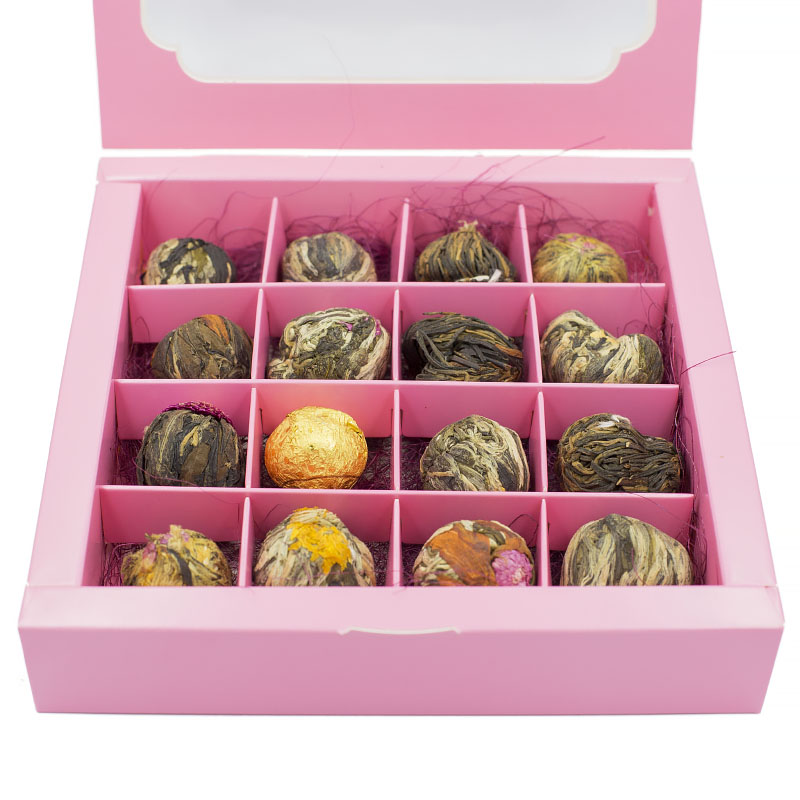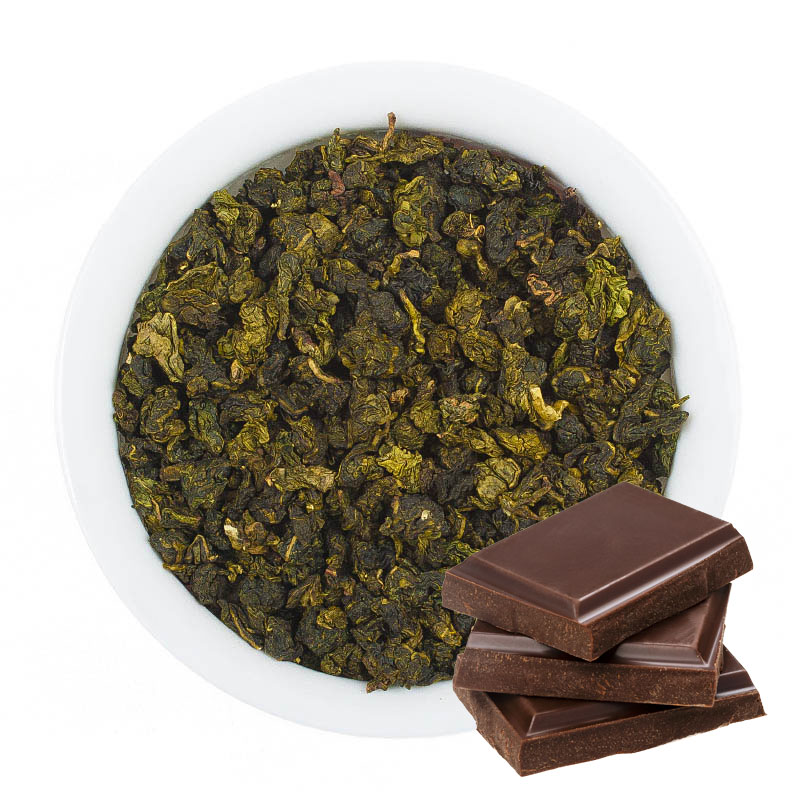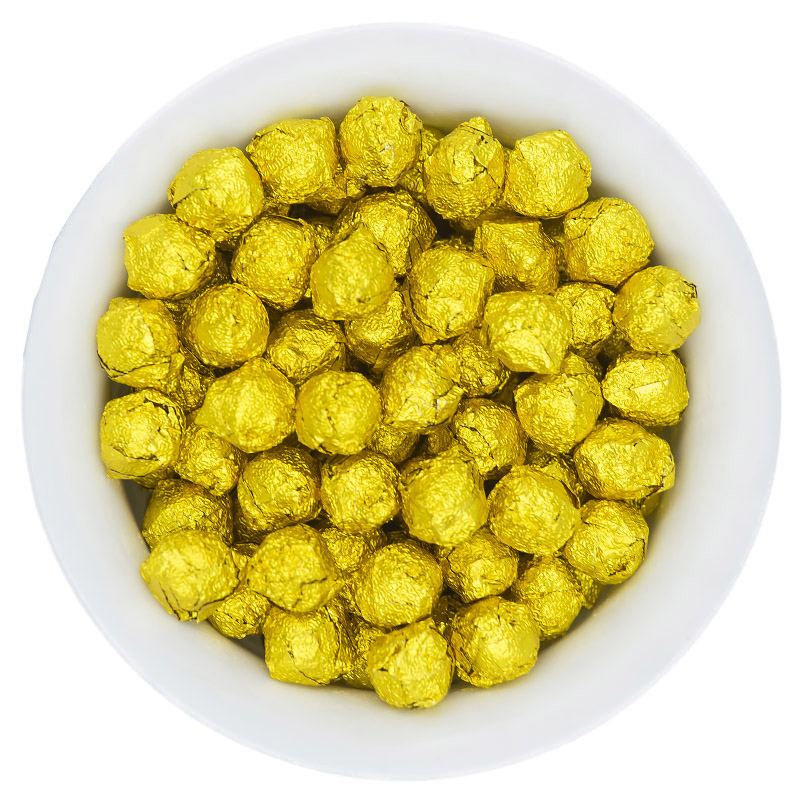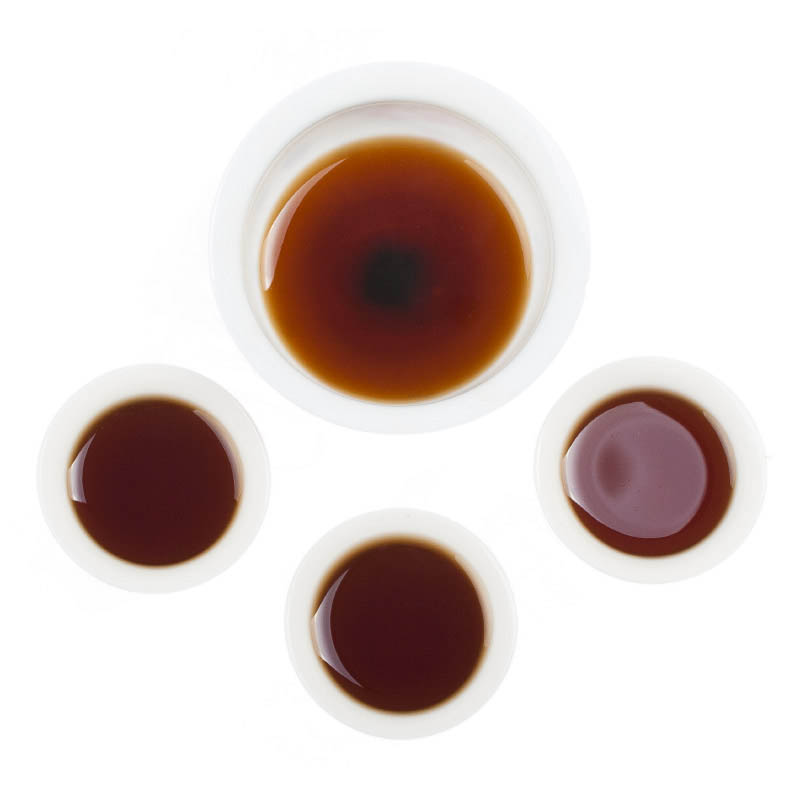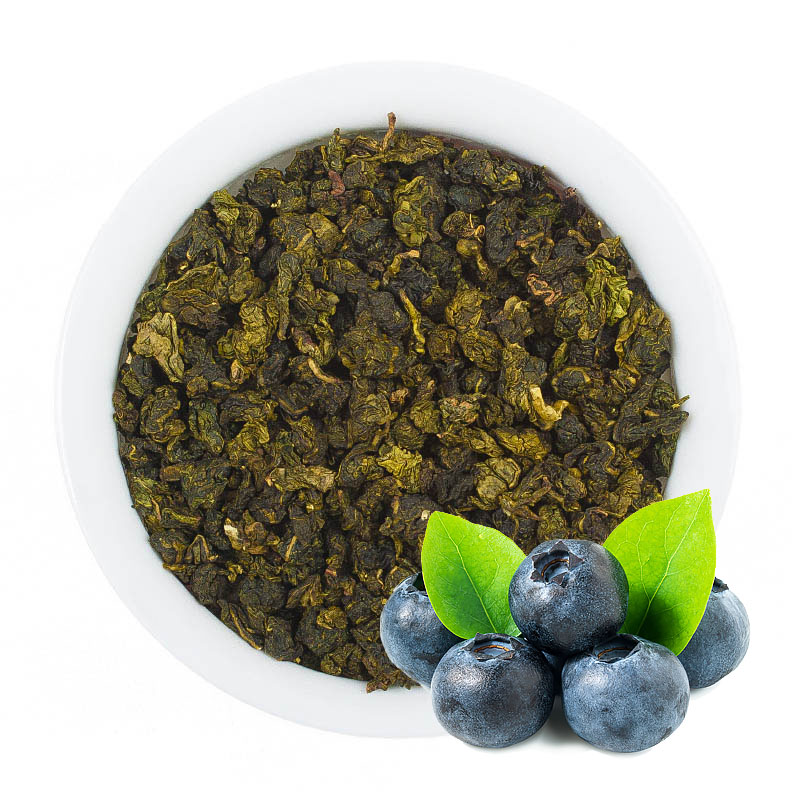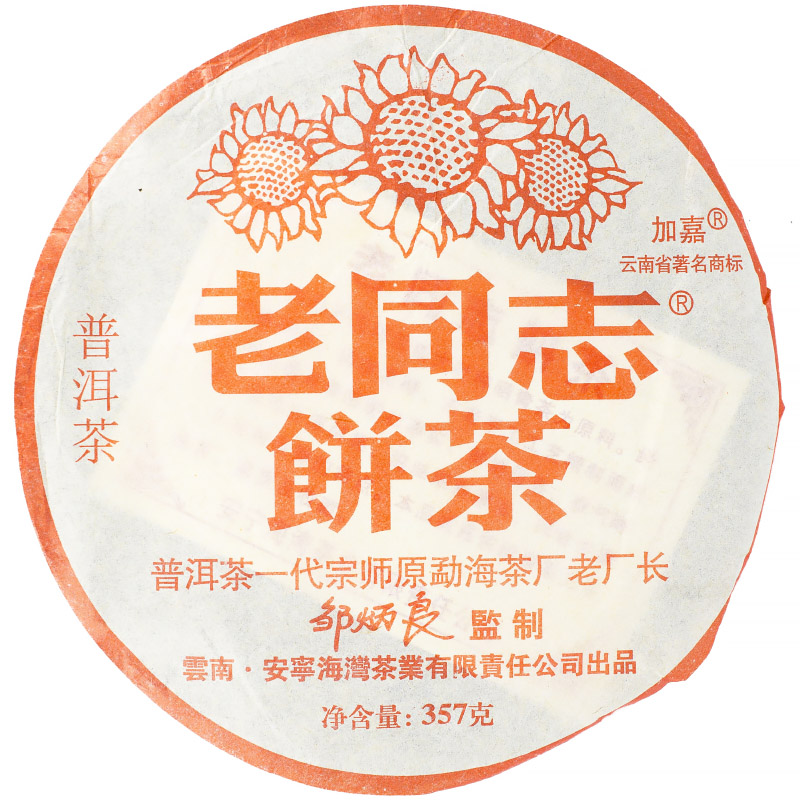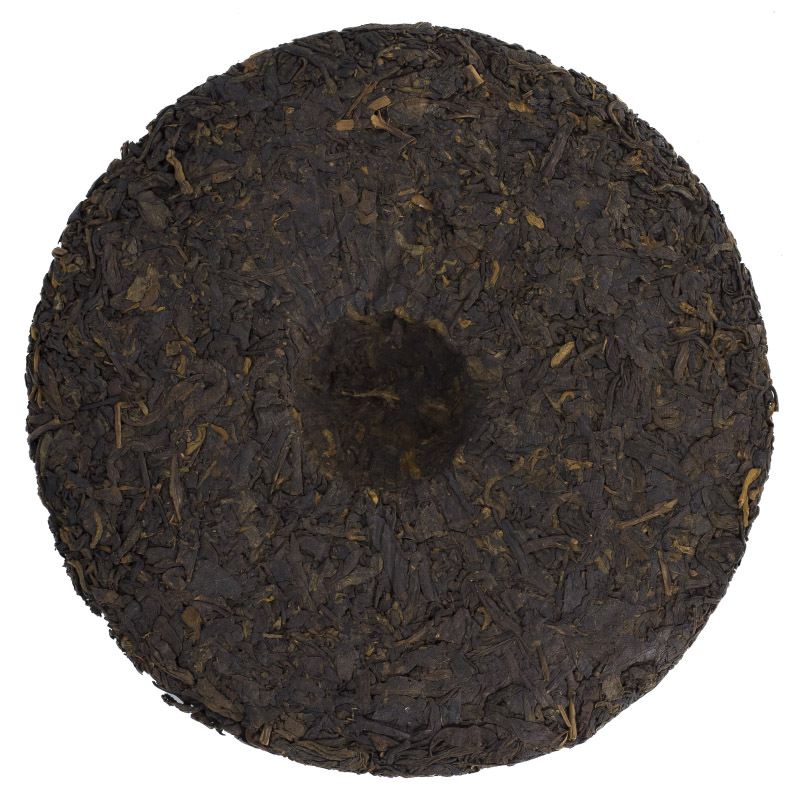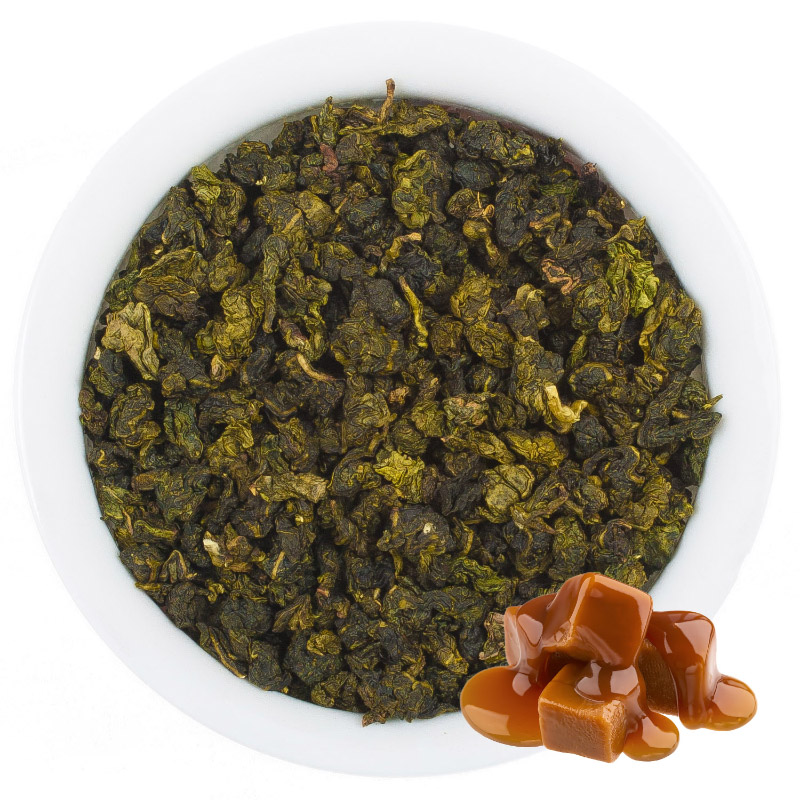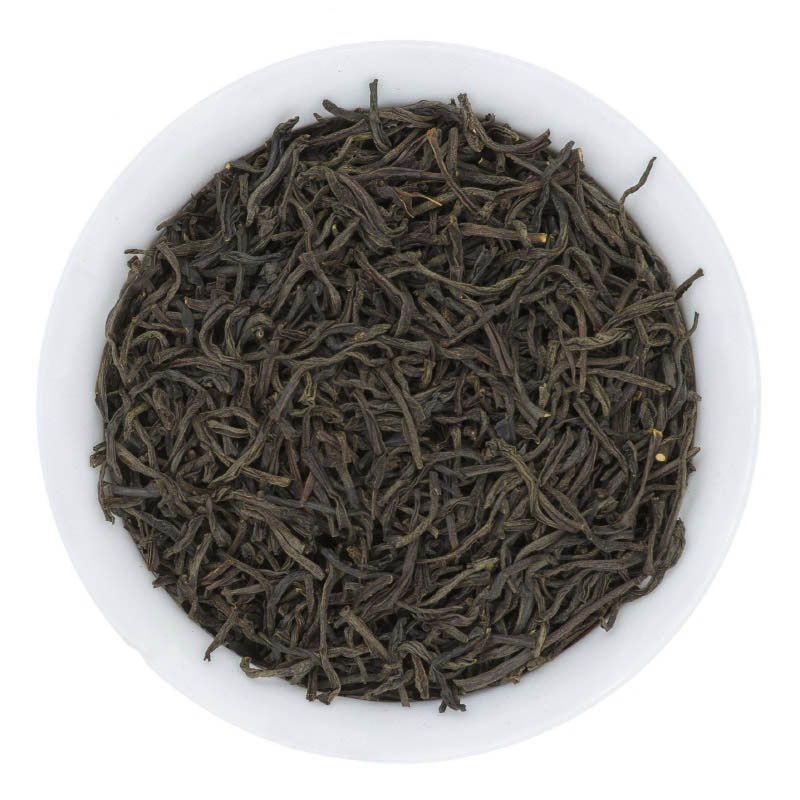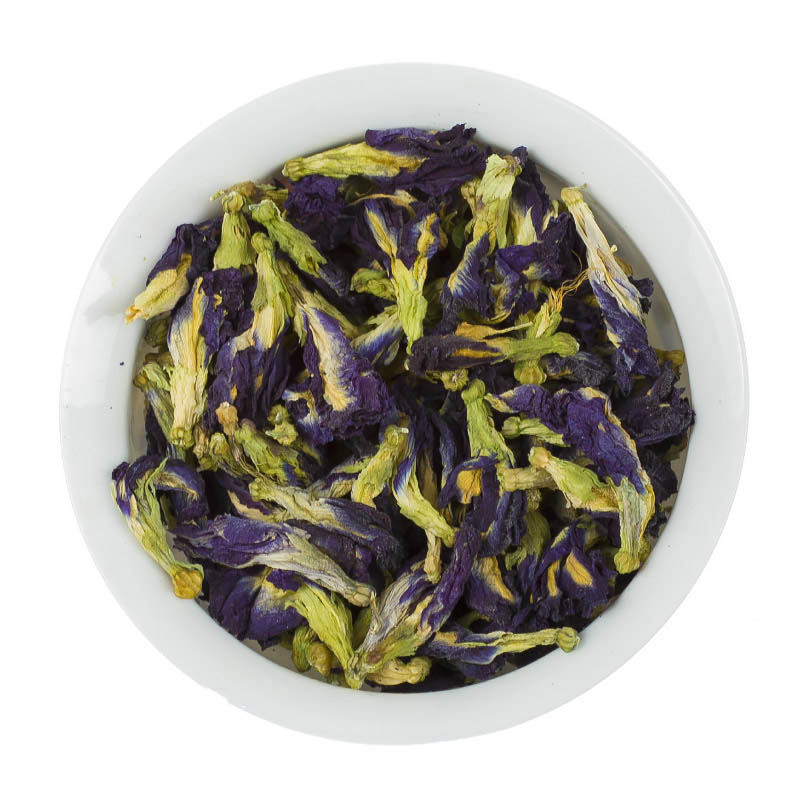Contents
- Comparison of Tea and Coffee by Various Criteria
- Myths about Tea and Coffee
Tea and coffee lovers often argue over which beverage is better. In reality, both have their own unique benefits and useful properties. Some prefer coffee beans, others instant coffee. Some like black tea, others prefer green.
Both tea and coffee contain many alkaloids, with caffeine as their main component. In tea, it is called tannin. Despite the high concentration, it acts more gently. When brewing tea, less raw material is used compared to coffee. Besides tannin, tea is rich in essential oils that define its aroma, and tannins that give tea its astringency and dark color. The drink is also rich in vitamins and amino acids.
Coffee also contains many beneficial substances, such as fiber. It has more potassium and phosphorus, whereas tea is richer in folic acid.
Components of both drinks help the body function properly, but moderation is key.
Comparison of Tea and Coffee by Various Criteria
To understand which drink is more invigorating and beneficial, it is necessary to compare them by several parameters.
Positive effects of tea on the body include:
- Reducing the risk of breast cancer and melanoma.
- Lowering anxiety levels.
- Stabilizing blood pressure.
- Normalizing cholesterol levels.
There is a belief that tea calms the nerves. People who drink three cups a day have more than 30% lower risk of depression.
Tea should be consumed in moderation, otherwise it may cause insomnia.
Benefits of coffee for the body include:
- Reducing the risk of cardiovascular diseases and diabetes.
- Preventing Alzheimer’s and Parkinson’s diseases.
- Preventing dementia.
However, excessive consumption of ground or whole bean coffee may cause increased excitability.
Both drinks stimulate brain function. But caffeine concentration in tea is lower, so it needs to be brewed stronger.
A downside is that tea and coffee drinkers often experience yellowing of tooth enamel. Tea pigments are even more harmful in this regard. People concerned about their smile’s whiteness should prefer coffee.
Neither drink harms the figure — on the contrary, both stimulate weight loss and accelerate metabolism. The calorie content of tea and coffee increases due to added sweeteners, which have many fans. One teaspoon of sugar adds 30–35 calories. Without additives, coffee generally has higher calories, but tea is easier to drink unsweetened.
Myths about Tea and Coffee
Many myths surround these drinks, most of which are easily debunked.
- Tea must be brewed with boiling water — in fact, different tea varieties require different water temperatures.
- Tea stays fresh in the teapot for more than 24 hours — any tea should be consumed quickly to avoid toxic substance formation.
- Tea is forbidden during pregnancy — if not strong, tea is safe for pregnant women.
- Green and black tea come from different plants — they both come from the same tea bush.
- Green tea is healthier than black — both are beneficial in their own ways and it’s recommended to alternate them.
Most common myths about coffee:
- Coffee helps sober up — this is false.
- Coffee causes rapid weight loss — it speeds up metabolism but does not cause immediate weight loss.
- Coffee is prohibited during pregnancy — one cup a day is safe, but more is not recommended.
- Coffee is a good remedy for hangovers — it energizes but does not cure hangovers.
Consumption patterns vary worldwide. Poles and Estonians enjoy both drinks equally. Latvians prefer tea ceremonies, while Lithuanians like coffee more.
Azerbaijanis, Pakistanis, Kenyans, and Egyptians can’t imagine life without tea. Nigerians, Indians, and Kazakhs also highly value it.
Guatemalans, Venezuelans, Greeks, Colombians, and Brazilians are known coffee lovers. Russians prefer tea, while the English cannot imagine their mornings without a cup of aromatic coffee.
What to drink — tea or coffee — is a personal choice based on preferences. Both drinks are beneficial if consumed in moderation. Tea and coffee can be alternated, consumed in roughly equal amounts. Both have similar antioxidant and anti-cancer properties, help protect the body from various diseases, improve mood, reduce stress, and strengthen the immune system.

